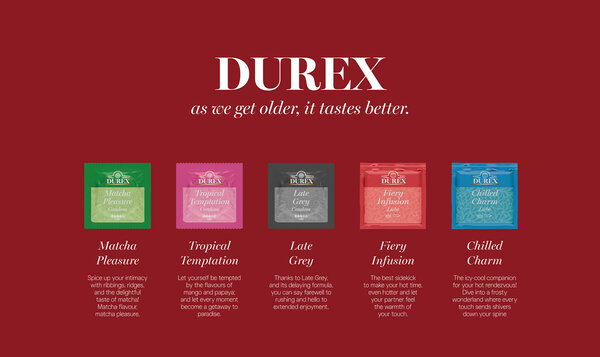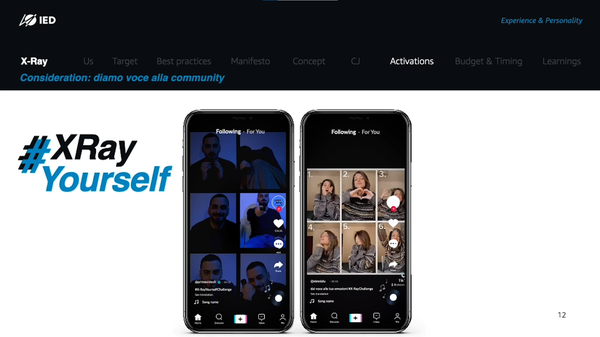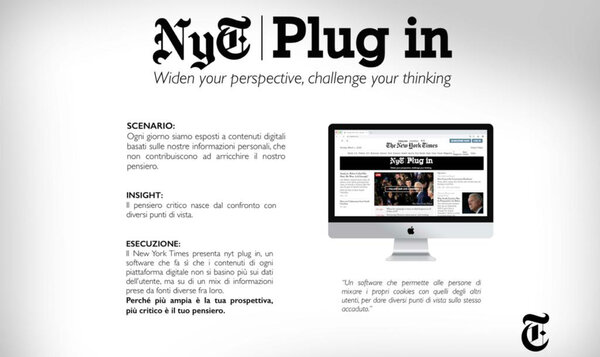
Brand Managers: who they are, what they do and how to become one
Who are Brand Managers, and what do they do
Brand Managers are responsible for overseeing and shaping a company’s corporate image, ensuring it remains consistent, recognisable, and aligned with the organisation's values and objectives over time.
This role is crucial and increasingly in demand, as Brand Managers monitor public perception of the brand, directly influencing its success and growth.
One of their primary responsibilities is market analysis, which helps identify consumer trends and needs. Based on this information, targeted advertising campaigns can be developed and marketing budgets can be effectively managed. In addition they work closely with creative teams to maintain a strong, unique image that evolves to meet market changes.
Role and responsibilities of a Brand Manager
In addition to creating and maintaining a brand’s identity, Brand Managers focus on its long-term growth.
Combining technical, creative and strategic skills, the Brand Manager takes on various responsibilities within an organisation, such as:
- Developing long-term strategies to ensure brand growth. This involves planning initiatives that strengthen the brand's position in the market and increase its perceived value.
- Collaborating with marketing, sales, research and development departments to align business activities with brand objectives. Cross-department collaboration ensures that every action aligns with the brand’s identity.
- Monitoring market trends and analysing performance to identify areas for improvement. By understanding data and market dynamics, strategies can be adjusted to maximise brand success.
The launch of new products and the management of innovative advertising campaigns are two examples of projects managed by a Brand Manager. These activities require the ability to coordinate different aspects of a business to create a consistent brand experience.
Career and salary prospects for Brand Managers
A Brand Manager’s career often begins with entry-level positions in marketing and communication, to develop a solid base of skills and knowledge. ith experience, professionals can progress to more senior positions, such as Senior Brand Manager or Marketing Director.
Several factors influence a professional's salary in Italy, including personal experience, the size of an organisation as well as the sector in which it operates. Market complexity and the scope of the responsibilities are also factors influencing remuneration. However, regardless of context, career prospects for Brand Managers are promising. In fact, there are many opportunities to evolve into management or strategic advisory roles with many opportunities to advance into management or strategic advisory roles, where their expertise can guide higher-level business decisions.

IED Open Days
We look forward to meeting you in person at our premises and online, to learn more about our teaching offerings, get to know our services and interact with coordinators, lecturers and students.
Skills and training
To succeed as a Brand Manager, both technical and interpersonal skills are essential. Among the core competencies, a deep understanding of marketing and branding strategies is the most crucial. This knowledge is fundamental for creating and managing a successful brand. Analytical skills are also critical for interpreting data and assessing brand performance effectively. To enter this profession, the most common educational pathway includes earning degrees in Marketing and Communication, often supplemented by specialised training in Brand Management. Staying updated on industry trends and engaging in continuous learning and on-the-job training are equally important.
How to become a Brand Manager: tips and training opportunities
To become a successful Brand Manager, it is important to embark on a targeted training path and acquire specific skills.
The path can start with a degree in marketing, communication or a related field. Furthermore, as mentioned above, it is necessary to gain practical experience through internships or entry-level positions in the marketing sector. In fact, this allows acquired knowledge to be put into practice. It can be also useful to take part in specialised training courses as they will help deepen and strengthen one's skills in the field.
For those ready to embrace this challenging profession, numerous training opportunities can provide the necessary foundation and pave the way for a rewarding career.
Explore our Marketing and Communication training programmes to begin your journey towards an exciting career in branding.


























































































































